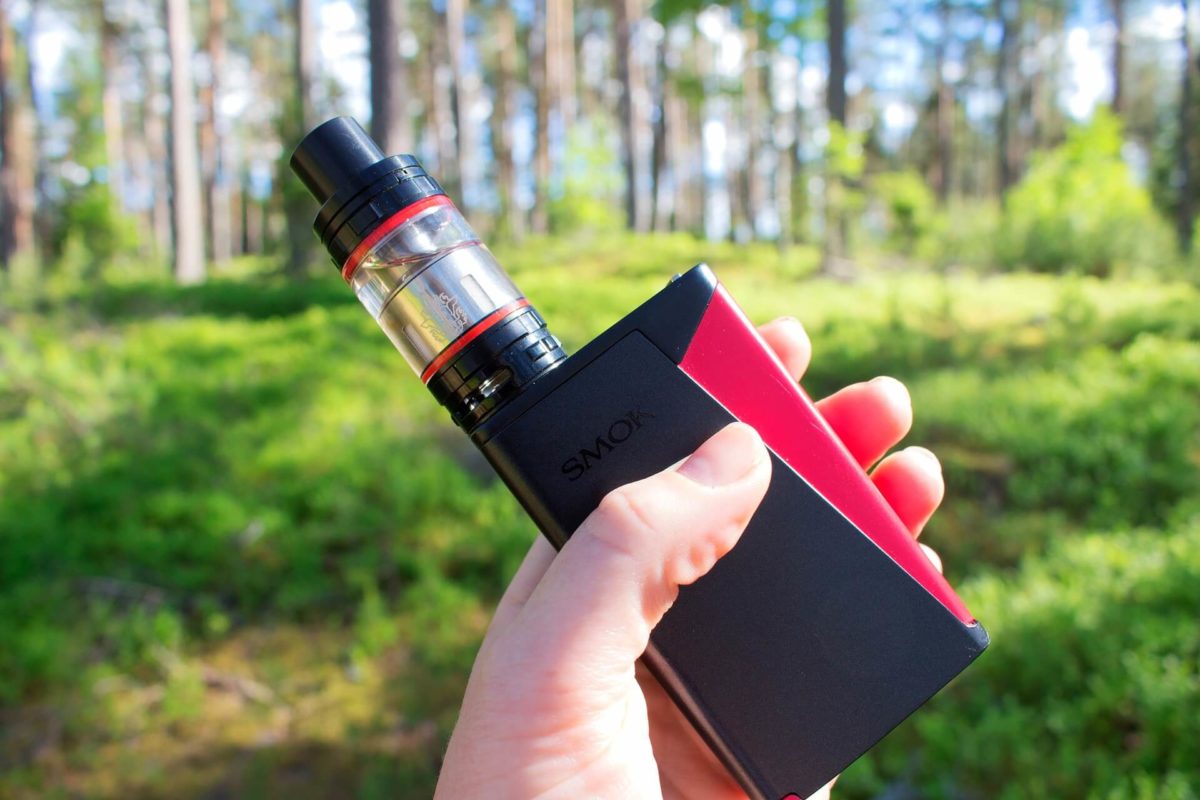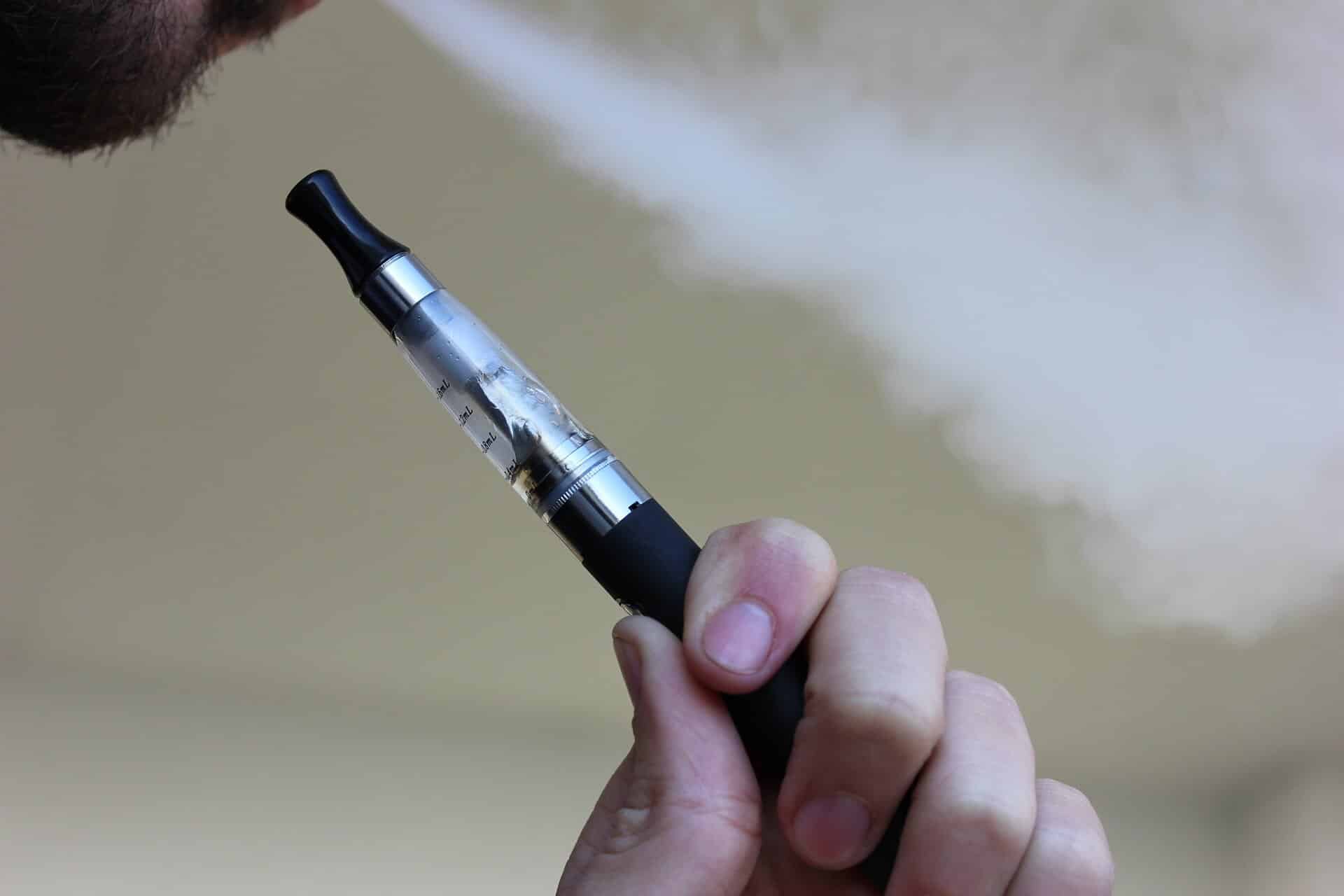Status of Vape Bans Across the U.S.

Since the introduction of electronic cigarettes, or vape devices, to the United States in 2007, massive attention has been paid to its corresponding advancements, markets and impacts. Classifications were established on the federal level, and then most individual states moved to enact or are working to enact vape legislation. Below is the current information regarding hemp and cannabis vape bans across the U.S., as of June 2020. While most states currently have sanctioned at least one or two specific bans, the remaining states without any vape restricting legislation are Rhode Island, Tennessee, Nebraska and Nevada.
Federal and State Vape Bans
In the federal realm, the FDA set guidelines for electronic cigarettes and their related products to be regulated as tobacco products, effective on Aug. 8, 2016. Additionally, vapes are classified as drug delivery devices and are subject to regulation under the Food, Drug, and Cosmetic Act before importation and sale in the United States. Sales to minors are banned as well. The FDA took further action in January by restricting the sale of flavors beyond tobacco and menthol in pod-based e-cigarettes, however this federal policy does not apply to disposable vapes and open systems.
Recently, the states of New York, Massachusetts, Montana, Oregon and Missouri have worked vaping into government mandates. In the Empire State, the 2021 budget, which passed on April 3 of this year, included amendments to policies for tobacco and vaping policies. Flavored vape products were banned statewide on May 18, 2020; this directive includes a cease order for online sales supplied to private residences. In related news, as of July 1, pharmacies are prohibited from selling all types of tobacco products.

Massachusetts
The Massachusetts vape ban went into effect in June 2020. This is the first state to outlaw retail sales of flavored vaping products as well as flavored tobacco products, such as menthol cigarettes. While use of flavored vapes is still allowed in a few “smoking bars” licensed by the state, the future of such establishments is questionable as they must pay a huge excise tax of 75%.
Montana
Montana vape legislation included another setback for the trade, delivered for flavored vape products in mid-June 2020 via a proposal from the state’s health department to permanently ban their sales. Reportedly, teenagers in the state vape at twice the national average. According to the 2019 Youth Risk Behavior Survey conducted by the Office of Public Instruction, vaping products have been used by nearly 60% of high school students and 30% of middle school students in the Treasure State. Public comments on the proposed rule will be accepted during a virtual hearing July 16, or by mail, fax or email through July 24. The city of Chicago is also considering a sales ban for flavored tobacco products.
Oregon
In a few states to the west, Oregon is examining a completely different viewpoint on electronic cigarettes: cannabis vapes. The Oregon Liquor Control Commission, which regulates cannabis within the state, began the process in late June 2020 of adopting rules that would prohibit non-cannabis additives from inhalable products containing THC. It is notable, however, that marijuana-derived terpenes will be permissible.
Missouri
Regulators in Missouri have released drafted rules that would require medical cannabis dispensaries to notify their clients about the dangers of vaping THC products. Wording for the proposed signs would include this warning: “vaping cannabis-derived products containing THC has been associated with cases of severe lung injury, leading to difficulty breathing, hospitalization and even death.”
Cannabis Vape Trends
The cannabis vape market was additionally in the news in April: an academic study found that while some users were becoming ill and a few died in 2019, the states with legalized recreational dispensaries saw fewer illnesses related to vaping marijuana than those without. These numbers highlight the dangers of illicit markets and indicate further benefits of a legal, regulated and licensed industry. The study was published on the Journals of the American Medical Association Network and conducted by researchers at the O’Neill School of Public and Environmental Affairs at Indiana University. The data was also featured in an infographic on social media platforms.
Stay in the Know with CannaCon
Interested in the forward and backward movements within the world of electronic cigarettes and vape bans? Follow along with CannaCon, the foremost business-to-business cannabis conference in the United States.
Our team is diligently growing the cannabis industry through education for cannabis business owners on everything connected to cannabis, CBD and hemp. CannaCon trade shows are held in large exhibition halls — and now virtually — and feature exhibitors from around the country, as well as industry experts who deliver seminars and answer questions. Bookmark this site and follow on social media for instant access to cannabis knowledge.
